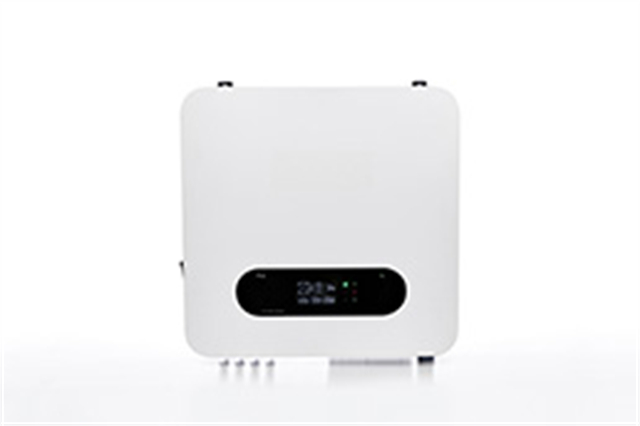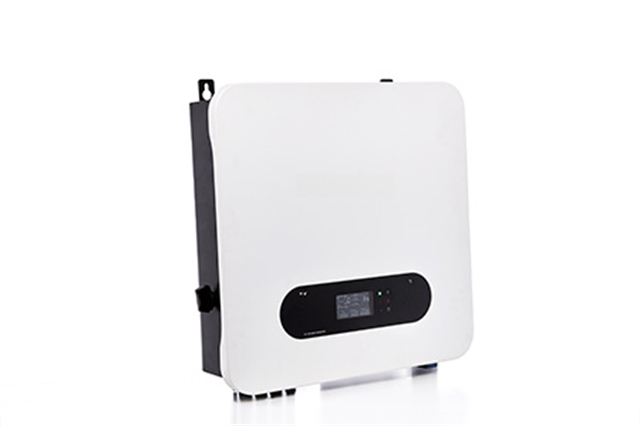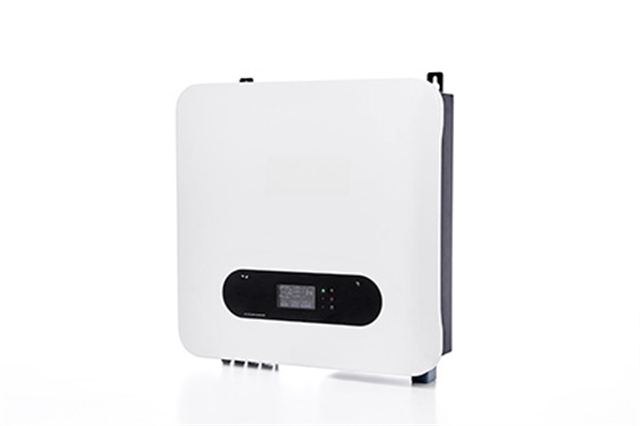Author:BLD Solar Energy SystemFROM:Solar System Converter Manufacturer TIME:2023-10-11
Efficient Usage of Delta On-Grid Inverter

The Delta On-Grid Inverter is an advanced solar power system component that efficiently converts DC power generated by solar panels into AC power that can be used to power appliances and feed back into the electricity grid. In this article, we will explore the various aspects of efficient usage of the Delta On-Grid Inverter.

One of the key factors in maximizing the efficiency of the Delta On-Grid Inverter is to ensure proper sizing. The inverter should be matched to the size of the solar array to ensure optimal performance. Oversizing or undersizing the inverter can lead to reduced efficiency and potential damage to the system.

The placement of the Delta On-Grid Inverter is crucial for its efficient operation. It should be installed in a well-ventilated area away from direct sunlight and heat sources. Adequate space should be provided around the inverter for air circulation to prevent overheating.
Regular monitoring and maintenance of the Delta On-Grid Inverter is essential to ensure its efficient usage. This includes checking for any faults or errors, cleaning the inverter, and inspecting the connections. By identifying and addressing any issues promptly, the system's performance can be optimized.
Implementing power factor correction techniques can enhance the efficiency of the Delta On-Grid Inverter. By improving the power quality, power losses can be minimized, resulting in better overall system performance. Power factor correction can also help in complying with utility requirements and reducing electricity costs.
The grid voltage and frequency play a significant role in the efficient usage of the Delta On-Grid Inverter. It is important to ensure that the inverter operates within the allowable grid voltage and frequency ranges. Deviations outside these limits can affect the inverter's performance and potentially damage the system.
The Delta On-Grid Inverter utilizes Maximum Power Point Tracking (MPPT) technology to optimize solar power generation. This technology enables the inverter to track the maximum power point of the solar array and adjust its operation accordingly. Utilizing MPPT technology allows for better energy harvest and improved system efficiency.
Monitoring and analyzing the data from the Delta On-Grid Inverter can provide valuable insights into system performance and efficiency. By tracking parameters such as power output, energy yield, and grid interactions, any inefficiencies or issues can be identified and addressed promptly, ensuring optimal usage of the inverter.
Regularly upgrading the firmware and software of the Delta On-Grid Inverter is essential for efficient usage. Manufacturers often release updates that improve functionality, fix bugs, and enhance performance. By keeping the inverter up to date, users can take advantage of the latest features and optimizations.
The efficient usage of the Delta On-Grid Inverter is crucial for maximizing solar power generation and minimizing energy wastage. By following proper sizing, optimal placement, regular monitoring, and maintenance, utilizing power factor correction, ensuring grid compatibility, utilizing MPPT technology, analyzing data, and keeping the firmware up to date, users can ensure the best performance and longevity of the inverter, contributing to a greener and more sustainable future.
